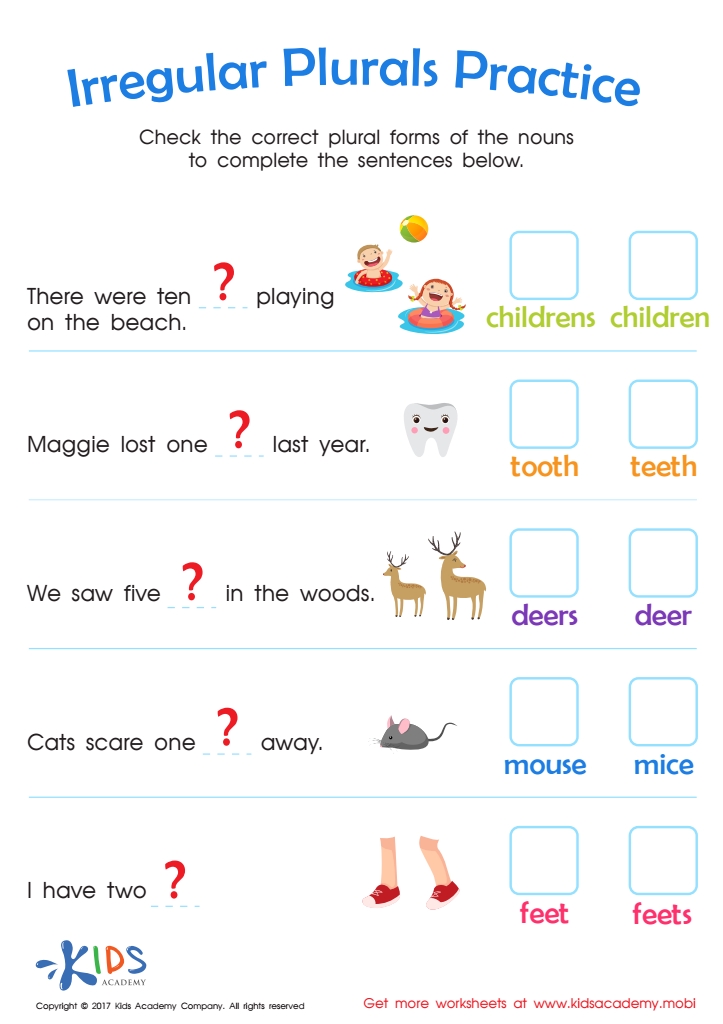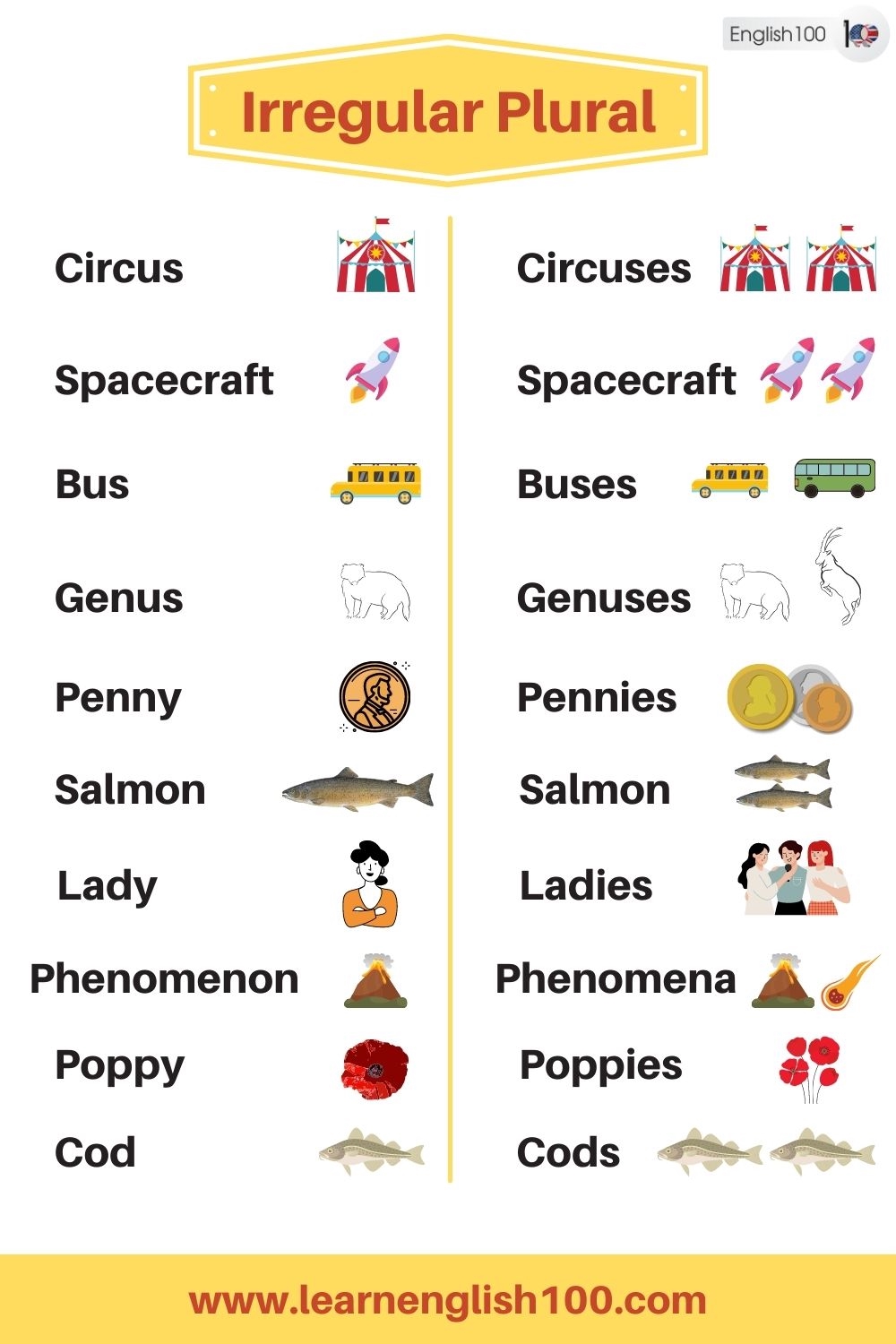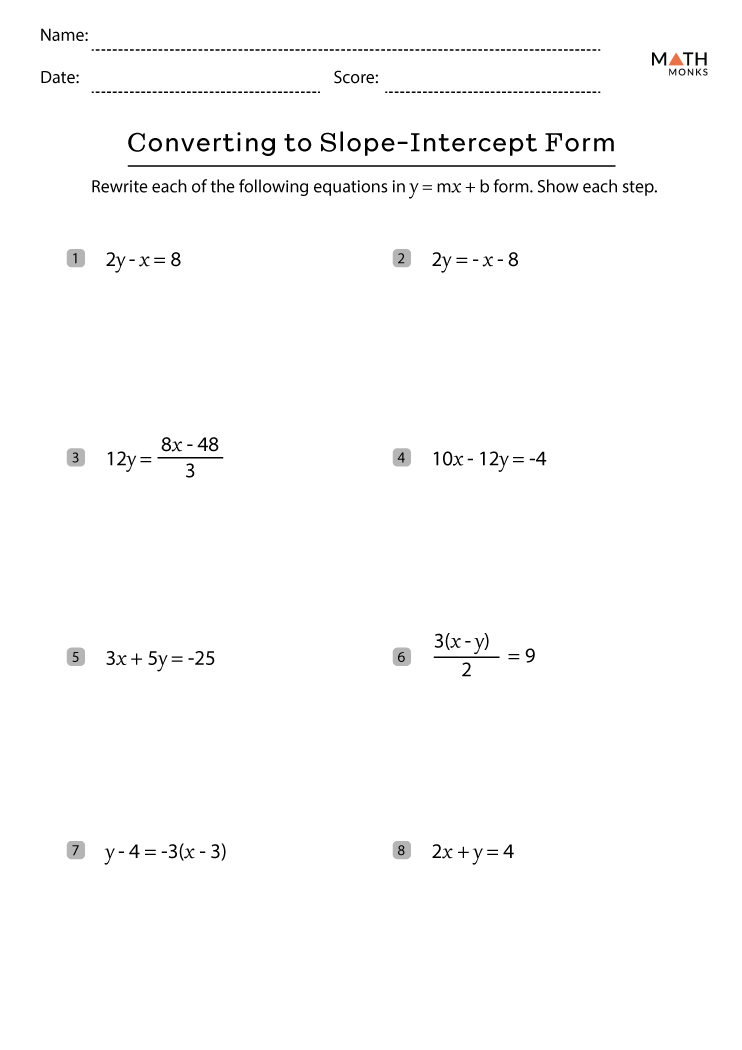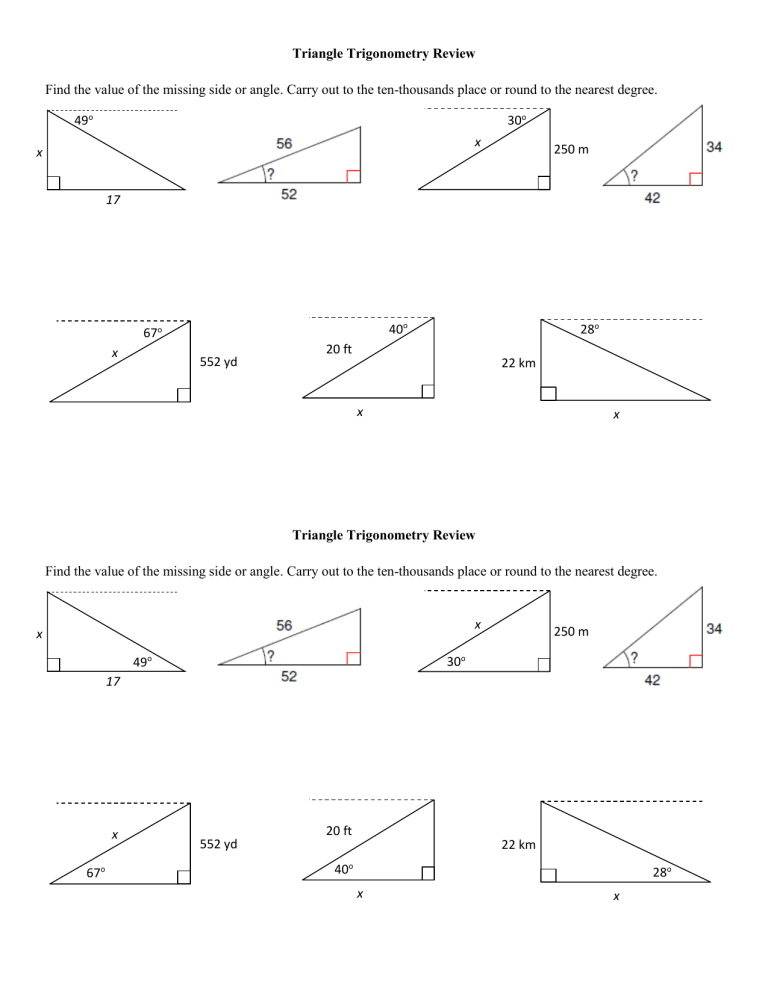Mastering Irregular Nouns Plural Worksheet

Understanding Irregular Nouns Plural Formations
Irregular nouns are a fascinating aspect of the English language. Unlike regular nouns, which follow a predictable pattern when forming their plural forms, irregular nouns have unique and sometimes unexpected plural forms. Mastering irregular nouns is essential for effective communication in English. In this blog post, we will delve into the world of irregular nouns, exploring their plural forms, and providing a comprehensive worksheet to help you practice and reinforce your understanding.
What are Irregular Nouns?
Irregular nouns are nouns that do not follow the standard rules for forming their plural forms. These nouns have evolved over time, and their plural forms are often shaped by their historical and linguistic roots. Irregular nouns can be categorized into several groups, including:
- Nouns that change their form entirely (e.g., mouse -> mice)
- Nouns that remain the same in both singular and plural forms (e.g., deer -> deer)
- Nouns that add -en or -ren to form the plural (e.g., child -> children)
- Nouns that have a unique plural form (e.g., person -> people)
Common Irregular Nouns Plural Forms
Here are some examples of irregular nouns and their plural forms:

| Singular | Plural |
|---|---|
| Mouse | Mice |
| Deer | Deer |
| Child | Children |
| Person | People |
| Foot | Feet |
| Tooth | Teeth |
| Man | Men |
| Woman | Women |
| Calf | Calves |
Irregular Nouns Plural Worksheet
Practice makes perfect! To help you master irregular nouns, we have created a comprehensive worksheet. Complete the worksheet by filling in the correct plural form of each noun.
Part 1: Multiple Choice
Choose the correct plural form of each noun.
- The singular form of the noun is “mouse.” What is the plural form? a) Mouses b) Mouse c) Mice d) Micees
Answer: c) Mice
- The singular form of the noun is “deer.” What is the plural form? a) Deers b) Deer c) Deeren d) Deerses
Answer: b) Deer
- The singular form of the noun is “child.” What is the plural form? a) Children b) Childs c) Child d) Childen
Answer: a) Children
Part 2: Fill-in-the-Blank
Complete the sentences by filling in the correct plural form of each noun.
- The ______________ (tooth) in my mouth are aching.
- The ______________ (foot) of the mountain is steep.
- The ______________ (person) in the room are waiting for the presentation.
- The ______________ (calf) are playing in the field.
- The ______________ (woman) are discussing the latest fashion trends.
Part 3: Short Answer
Write the correct plural form of each noun.
- Ox
- Fungus
- Cactus
- Syllabus
- Analysis
Answer Key
Part 1:
- c) Mice
- b) Deer
- a) Children
Part 2:
- teeth
- feet
- people
- calves
- women
Part 3:
- Oxen
- Fungi
- Cacti
- Syllabi
- Analyses
Tips for Mastering Irregular Nouns
- Read widely: Expose yourself to various texts, including fiction, non-fiction, and poetry.
- Practice regularly: Use worksheets, quizzes, and games to reinforce your understanding of irregular nouns.
- Learn from context: Pay attention to how irregular nouns are used in sentences and conversations.
- Focus on common irregular nouns: Start with the most frequently used irregular nouns and gradually move on to less common ones.
📝 Note: The key to mastering irregular nouns is consistent practice and exposure to different contexts.
Irregular nouns may seem daunting, but with practice and persistence, you can become proficient in using them correctly. Remember to focus on common irregular nouns, read widely, and practice regularly. With time and effort, you will master the art of using irregular nouns in your writing and conversation.
What are some common irregular nouns in English?
+Some common irregular nouns in English include mouse (mice), deer (deer), child (children), person (people), and foot (feet).
How can I practice irregular nouns?
+You can practice irregular nouns by using worksheets, quizzes, and games. You can also focus on common irregular nouns and learn from context by reading widely and paying attention to how irregular nouns are used in sentences and conversations.
Are irregular nouns difficult to learn?
+Irregular nouns can be challenging, but with consistent practice and exposure to different contexts, you can become proficient in using them correctly.



